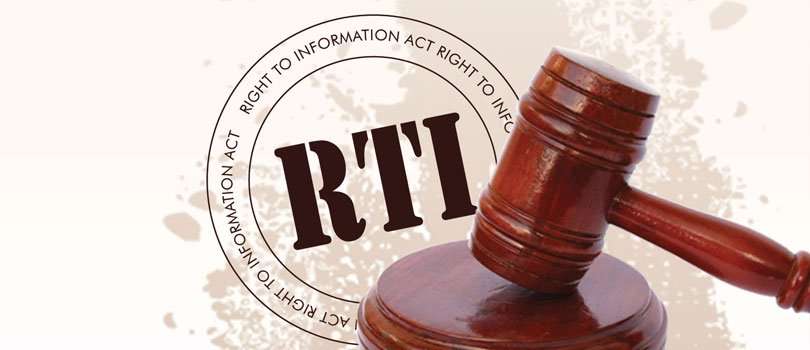Programmes Manager of the Commonwealth Human Rights Initiative (CHRI) Ghana, Esther Ahulu, has intimated that the effective implementation of the Right to Information (RTI) Law will call for some structures to be put in place. This, she said, will help facilitate the implementation of the law.
She stated that until these structures are put in place,;there will be a huge challenge in the implementation of the law. Esther Ahulu noted that some of the structures of priority are;the information manual and the fee for the reproduction of information.
She mentioned that one of the very key aspects of the RTI law;requires all public institutions to publish manuals containing every information in their domain but this has not yet taken place. She disclosed that the manual gives the person requesting any information;the kind of data or statistics the public institution can give out.
“Here,;the law states that after the RTI is implemented every public institution;is supposed to come out with an information manual but I am yet to see any. With the manual,;you will know whether the information you’re going to request can be found in a particular institution or not.”
Esther Ahulu

Absence of fees and charges Act hindering RTI implementation
Esther Ahulu further explained that the reasons behind the present limitations of the implementation of;the RTI two years after it was passed is due to the absence of appropriate structures like the fees and charges act by Parliament which has not come out yet.
“The law says we are to pay for the reproduction of the information but as we speak,;Parliament has not come out with the fees and charges act. We have cases where people go and request for;information and are turned away because of the absence of the fees and charges act.”
Esther Ahulu
Esther Ahulu posited that the RTI is the only law in Ghana’s history that;a period of time was given for the preparation of its implementation and because of that,;much of the basic fundamentals should have been put in place before the law was enforced;to help us access information but that has not really been the case.
“We need to back it with the structures and make it realistic because the law alone will not give us whatever we need.”
Esther Ahulu
Majority know about RTI law
She noted that the implementation of the law is more of a process than an event. Acknowledging that the advocacy for the passing of the RTI bill took so many years,;she also said that stakeholders should be comfortable that majority of people have information about the law.
“So, as it stands now,;the reason why you will say we have access to the RTI law but we don’t have much information;at our disposal is that the structures are now being put in place. We acknowledge that when the law was passed in Ghana,;we gave ourselves some time to prepare for the implementation but these structures have delayed.”
Esther Ahulu
On the grounds of widespread public education and sensitization,;she charged the responsible authorities to educate both the citizenry and private and public institutions under the act.
The Right to Information (RTI) Bill was passed on 26th March 2019 by the Parliament of Ghana. It received presidential assent on May 21, 2019,; and became effective in January 2020. This bill is to enable citizens to hold the government accountable;to ensure that there is a high level of transparency in the governance of the country.























